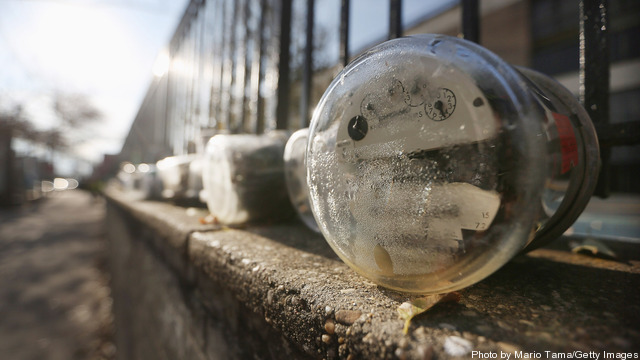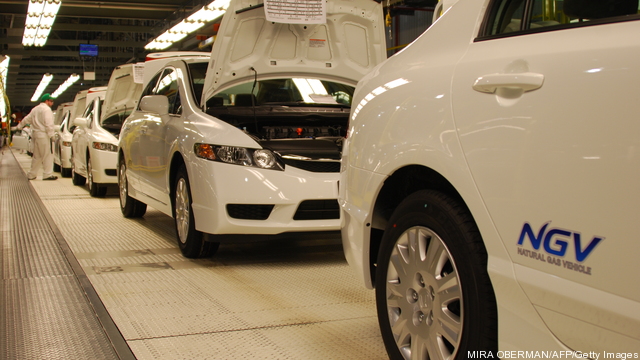
A new plan for deep cuts in carbon emissions from US power plants is designed to help counteract climate change and reduce health risks but could also lead to more job cuts in the beleaguered coal industry.
The environmental group Natural Resources Defense Council recently issued the proposal that would use existing technologies to cut generators’ carbon pollution by 26 percent by 2020 and 34 percent by 2025, also reducing emissions of other pollutants such as sulfur dioxide and nitrogen oxides. Keep reading →









